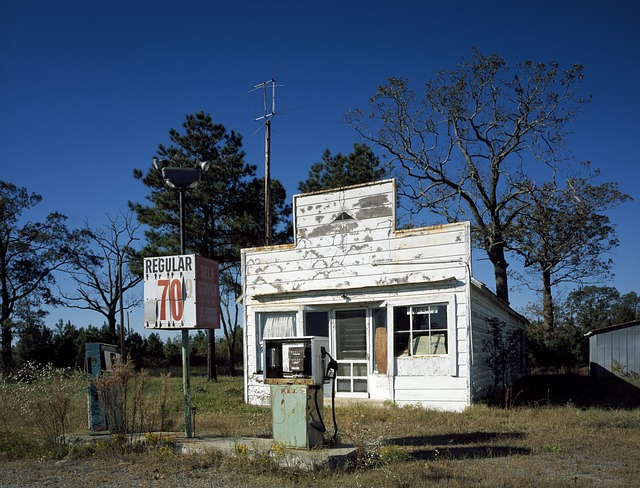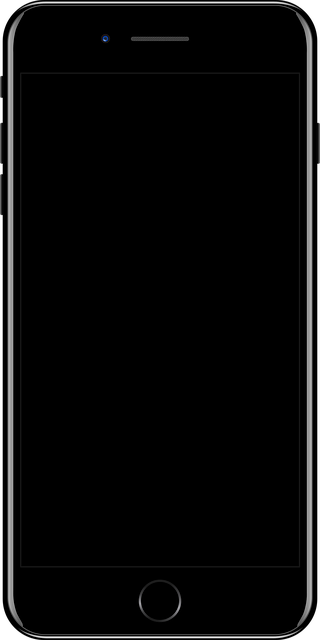North Carolina's do-not-call regulations aim to reduce spam calls from telemarketers by prohibiting businesses from calling registered numbers without prior consent. Certain entities like charities, political organizations, and debt collectors are exempt. Small businesses engaging in telemarketing may also qualify for exemptions based on call volume and content. The Telephone Consumer Protection Act (TCPA) governs unwanted calls, with penalties for violators. North Carolina residents can register on the National Do Not Call Registry and seek guidance from specialized Spam Call law firm North Carolina to ensure compliance and protect their rights. Law firms must implement robust internal policies, maintain accurate records, and use technology for effective call tracking and auditing to stay compliant.
In today’s digital age, understanding do-not-call regulations is crucial for businesses and individuals alike. This comprehensive guide aims to demystify these rules, focusing on North Carolina’s Spam Call laws. We’ll explore who is exempt from compliance, common exceptions, and best practices for staying within legal bounds. By delving into these aspects, this article serves as a valuable resource for navigating the complex landscape of the Spam Call law firm in North Carolina.
What Are Do Not Call Regulations?

Do Not Call regulations, also known as “do-not-call lists,” are consumer protection laws designed to prevent unwanted phone calls from telemarketers and other sales representatives. These laws vary by jurisdiction but generally allow consumers to register their phone numbers to opt-out of receiving marketing calls. In the United States, for instance, the Telemarketing and Consumer Fraud Prevention Act (TCPA) includes provisions related to do-not-call lists, with specific rules for businesses making telemarketing calls.
In North Carolina, as in many other states, there’s a state-specific do-not-call law that complements the federal TCPA. This law prohibits businesses from calling numbers listed on the state’s “do not call” registry unless the caller has obtained prior express consent from the recipient. The primary goal is to safeguard consumers from intrusive and often unwanted spam calls, ensuring they can enjoy a quieter, more peaceful home environment. Law firms specializing in telecommunications law in North Carolina can offer guidance on navigating these regulations to ensure compliance and protect their clients’ rights.
Who is Exented from Compliance?

In many jurisdictions, including North Carolina, certain entities and individuals are exempt from complying with do-not-call laws and regulations, as established by the Spam Call law. These exemptions are typically designed to accommodate specific groups that, due to their nature of business or circumstances, require alternative communication methods. For instance, charities, political organizations, and individual debt collectors often fall under these exceptions, allowing them to contact residents without prior consent.
Additionally, small businesses engaging in telemarketing activities may also be exempt from certain provisions, provided they meet specific criteria related to the volume of calls made and the content of their marketing messages. This exemption is intended to foster a balance between consumer privacy and the ability of legitimate businesses to connect with potential customers, ensuring that compliance requirements do not hinder fair business practices.
Common Exceptions to Consider

In North Carolina, like many states with do-not-call regulations, certain types of calls are exempt from the restrictions. Understanding these exemptions is crucial when dealing with potential legal issues related to the Spam Call law. Common exceptions include calls made for political purposes, calls from non-profit organizations, and calls from businesses with which the recipient has an existing business relationship. For instance, if a North Carolina resident has done business with a particular law firm in the past, that firm may contact them without being in violation of do-not-call laws.
Another notable exception is telemarketing calls that offer goods or services at no cost to the consumer. This often includes informational calls from educational institutions, healthcare providers, or financial advisors. Additionally, emergency situations can override do-not-call restrictions, such as when a business needs to contact a customer about an urgent matter related to their account or service. Always check with legal experts, like those at reputable North Carolina law firms, to stay informed about the latest updates and nuances in exemption rules to ensure compliance with the Spam Call law.
How Does the Spam Call Law Apply in North Carolina?

In North Carolina, the Spam Call Law, also known as the Telephone Consumer Protection Act (TCPA), regulates unsolicited telephone marketing calls, including robocalls and automated messages. The law aims to protect consumers from unwanted and deceptive telemarketing practices by establishing strict rules for businesses engaging in such activities. When it comes to do-not-call requests, North Carolina follows federal guidelines, allowing residents to register their phone numbers on the National Do Not Call Registry. This registry prohibits most telemarketers from calling registered numbers without prior express consent.
A key aspect of the Spam Call Law is that it imposes significant penalties on violators. Businesses or individuals who make unauthorized or unwanted calls can face substantial financial fines, with each violation potentially resulting in damages. To ensure compliance, many North Carolina residents turn to reputable Spam Call law firms for guidance and legal assistance when dealing with persistent or abusive telemarketing practices. These law firms specialize in navigating the complexities of do-not-call regulations, helping consumers assert their rights, and taking necessary actions against violators.
Best Practices for Staying Compliant

Staying compliant with do-not-call regulations is essential, especially for law firms in North Carolina navigating the complex landscape of consumer protection laws. One of the best practices to ensure adherence is implementing robust internal policies and procedures. This includes thoroughly training staff on identifying and honoring do-not-call requests, maintaining accurate records of calls made, and establishing a clear hierarchy for handling such matters. Regular audits and updates to these protocols are vital to keep up with any changes in the spam call law firm North Carolina regulations.
Additionally, leveraging technology can greatly aid compliance efforts. Using sophisticated call tracking and management systems enables firms to monitor and log all incoming calls, facilitating easy identification of potential violations. These tools can also automate certain tasks, such as blocking or routing calls from numbers on the national do-not-call registry, minimizing the risk of accidental infractions. Regularly reviewing and analyzing call data can help identify patterns and areas for improvement in maintaining a compliant phone marketing strategy.






